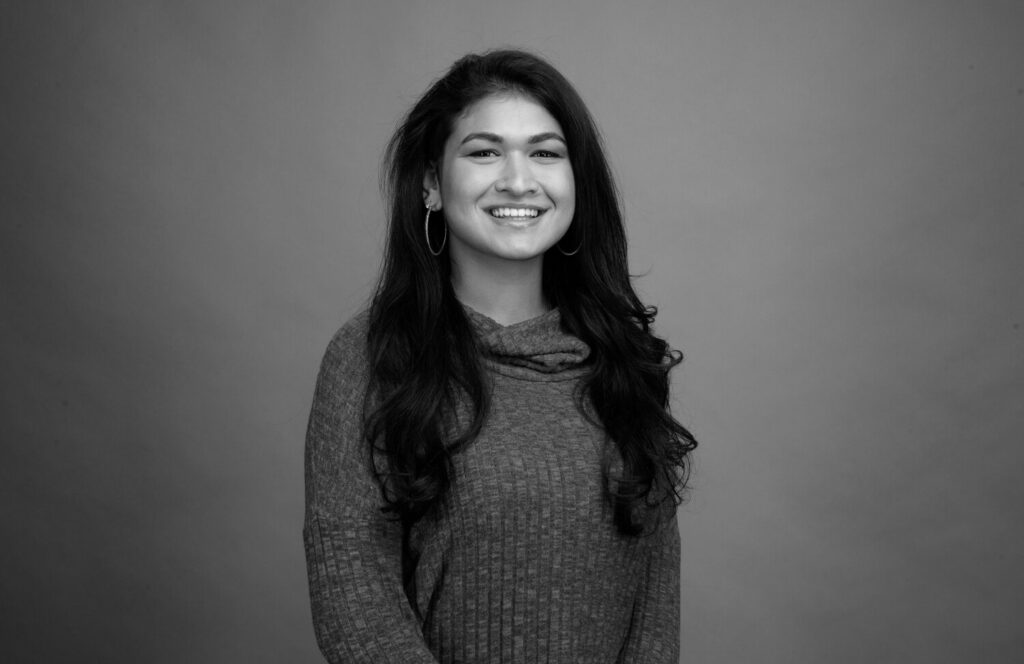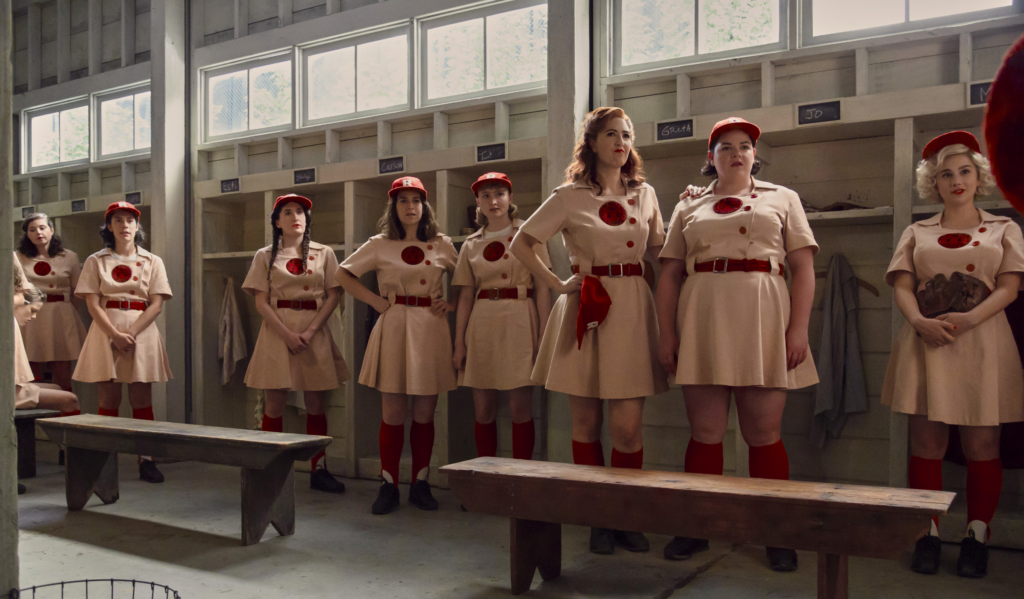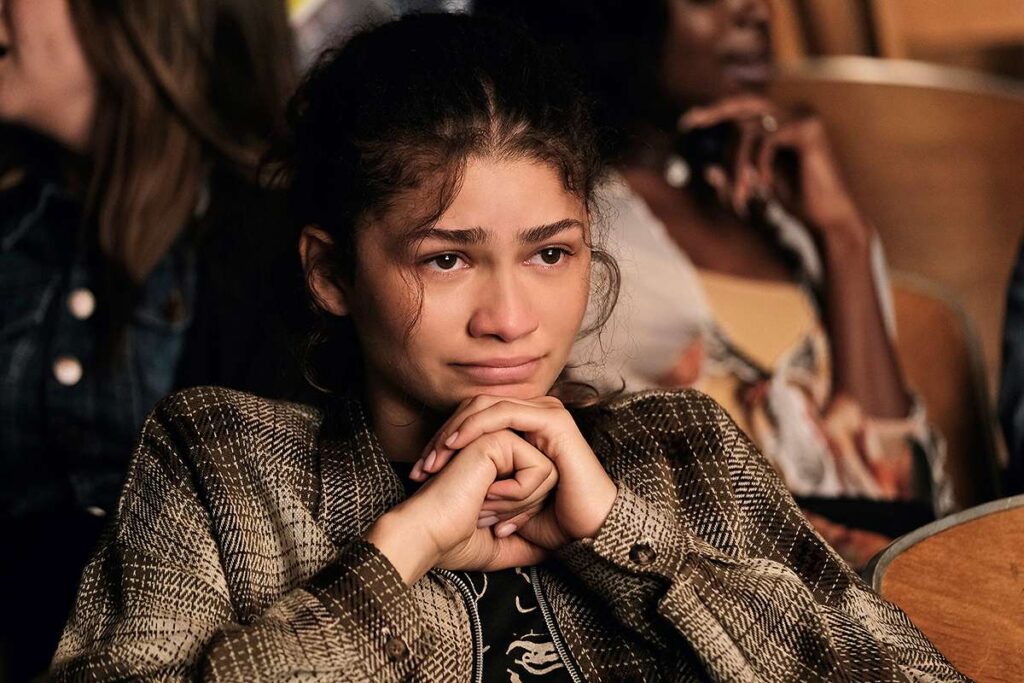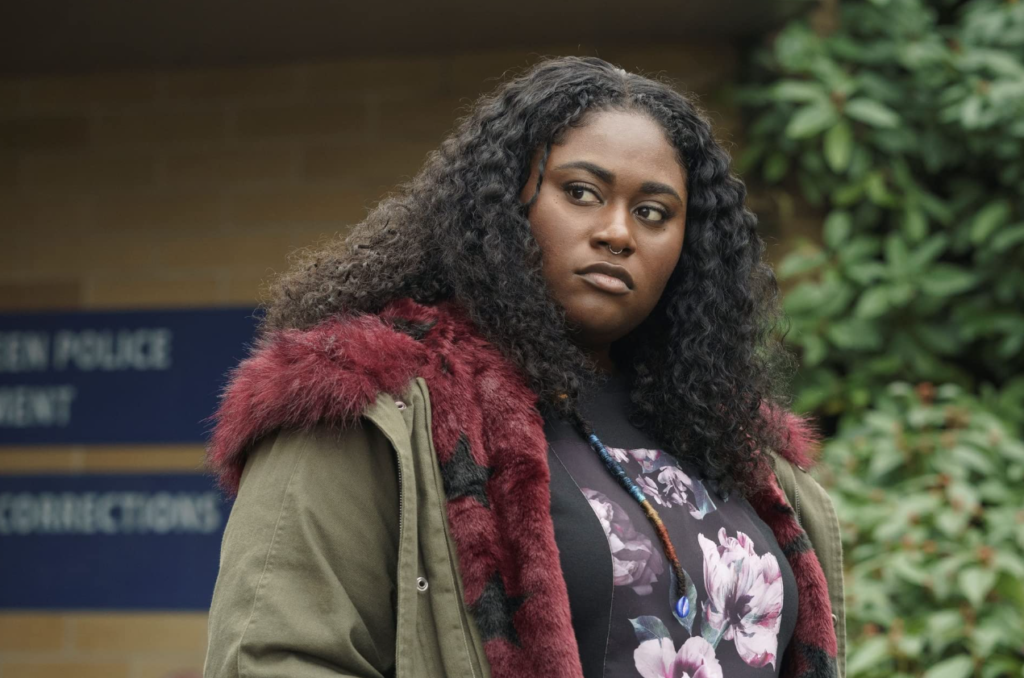NYC Women Filmmakers (NYCWF), a non-profit that supports women and nonbinary filmmakers, has announced the first recipients of its new microgrant program. According to a press release, the grantees are Jeanette Bonner, Stephanie Choriatis, Apolla Echino, Laura Sampson Hemingway, Priya Karki, DeAngela Napier, Miranda Plant, Alanah Rafferty, Shubhangi Shekhar, and Imran Siddiquee. Each will receive $500 to go toward production or post-production costs, festival or competition fees, film education or training, or equipment.
The Gotham Film & Media Institute’s Kia Brooks, The Future of Film is Female founder Caryn Coleman, and filmmaker Ekwa Msangi judged microgrant submissions from more than 140 filmmakers. “It was quite the challenge, they are all really strong projects!” Msangi said of the selection process. “Congratulations to all the applicants and to the organization for putting this on.”
NYCWF plans to present future microgrants semi-annually.
Bonner, Choriatis, Rafferty, and Siddiquee are receiving production costs microgrants for their projects. Bonner is adapting her podcast “#single” into an animated web series and Choriatis is making a short doc about a woman seeking romance after being raised in “Christian Purity Culture.” Rafferty is working on Dana Levinson’s “Fraud,” a short about a trans woman funding her transition via credit card theft, and Siddiquee’s short “The Difference Between Us” sees an undocumented immigrant falling for a roommate she’s never met.
Post-production costs microgrants are going to Shekhar and Plant for their short films. The former’s “AmeriGirl” is the story of two pre-teens at camp, and the latter is editing “Black Opera,” which celebrates the first generation of Black opera artists.
Hemingway and Echino are the recipients of the festival or competition fees microgrants. Hemingway plans to submit her short thriller “Nolo Contendere” to screenwriting competitions and The Black List. Echino’s short doc “Hard Labor” follows a trans woman working in the oil rigs in Alberta.
Karki’s microgrant will help further her training in television writing, and Napier’s will go toward the purchase of camera equipment so she can continue telling stories about women of color over the age of 50.







